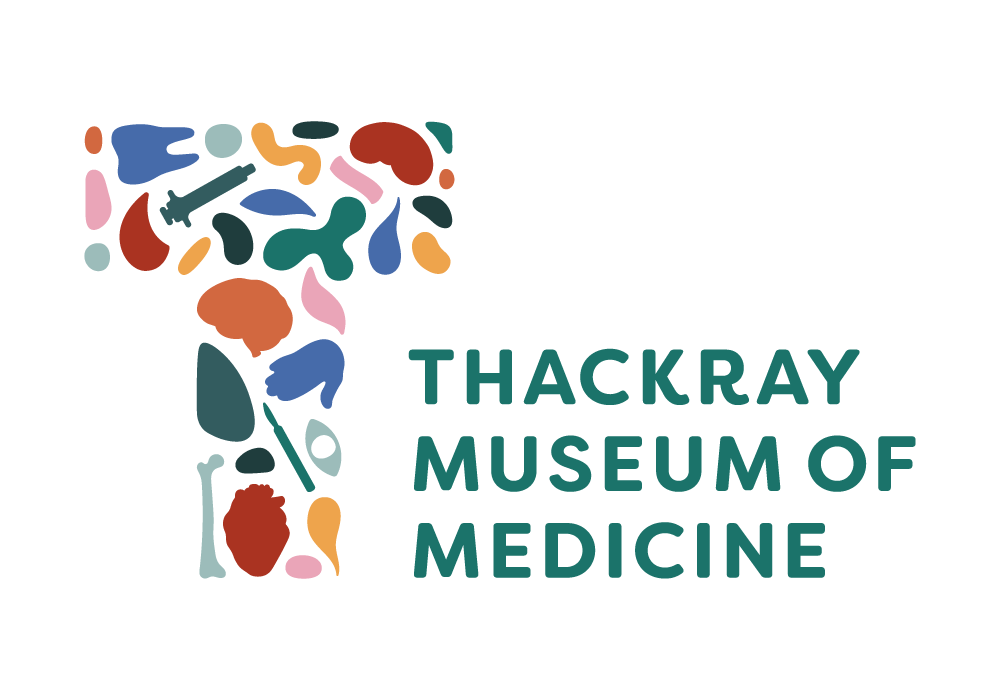Nursing us back to health
Did you know… the first known records of ‘nurses’ date back to the Roman Empire, c.300AD?
People have ‘nursed’ each other back to health since the beginning of time, but it was only in the 1800s that modern nursing laid its roots as a specialist profession.
Today nurses form the largest section of the health care workforce.
For many years, the practice and recognition of modern nursing was advanced by war. The indispensable contribution of nurses during the Crimean and First World Wars led to a recognition of their value and the need for standardised training and qualifications. Wartime ‘angels’ gradually became acknowledged as professionals with an invaluable vocation.
In 2009, nursing became a degree-only profession. Qualified practitioners continue to work in war zones with the military and charities, including the Red Cross. Many others occupy the ‘front line’ at home in a range of locations, including hospitals, hospices, health centres and our homes.
The role and the qualifications of health professionals have diversified and changed dramatically over the years. Sit down with some practising and retired healthcare professionals to discuss what their roles mean to them.
A history of nursing
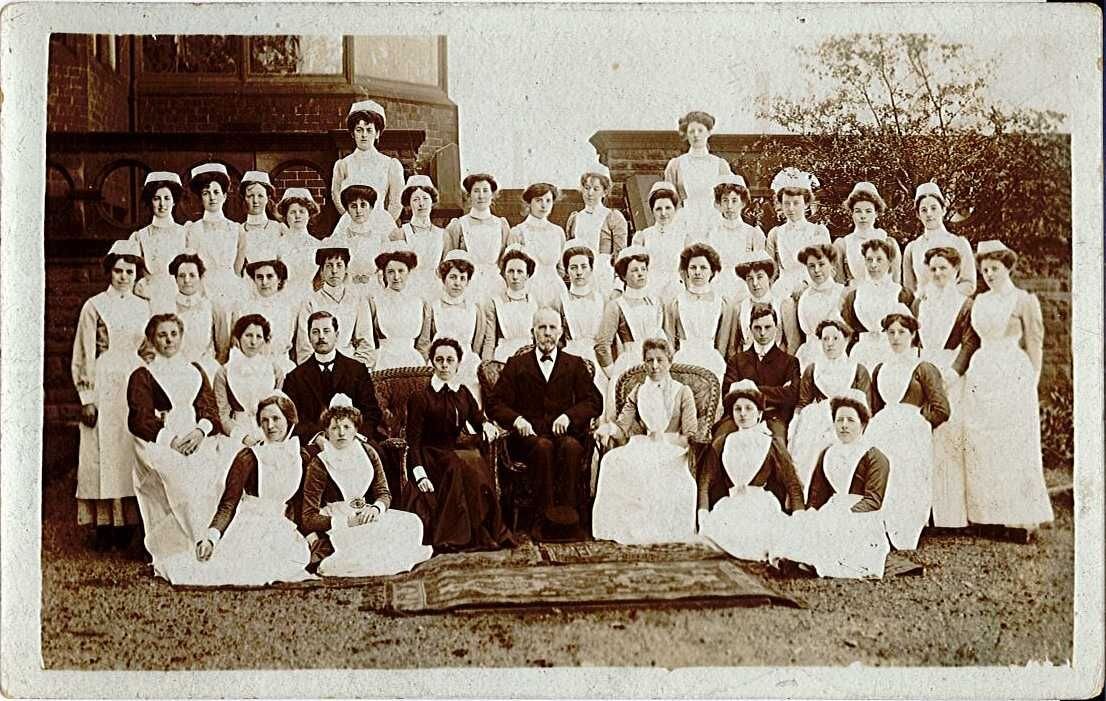
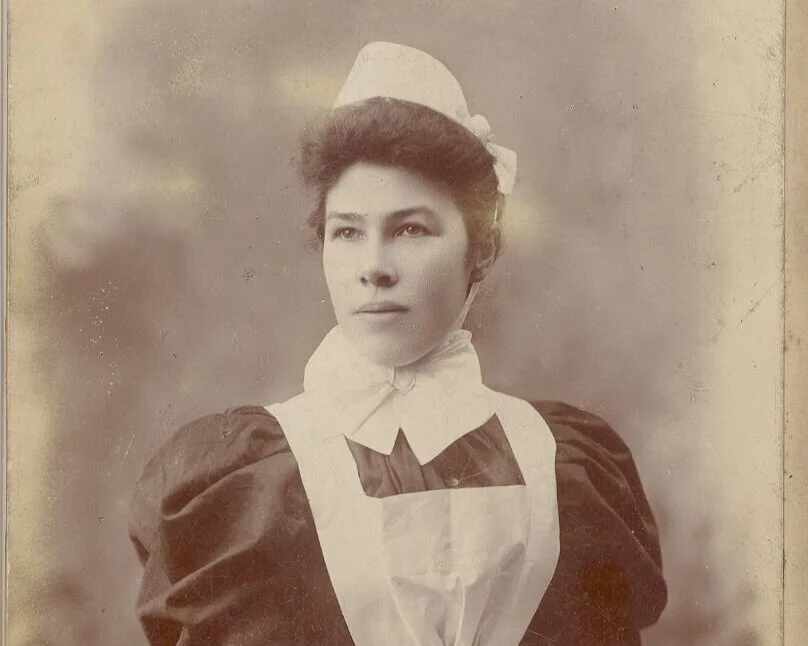
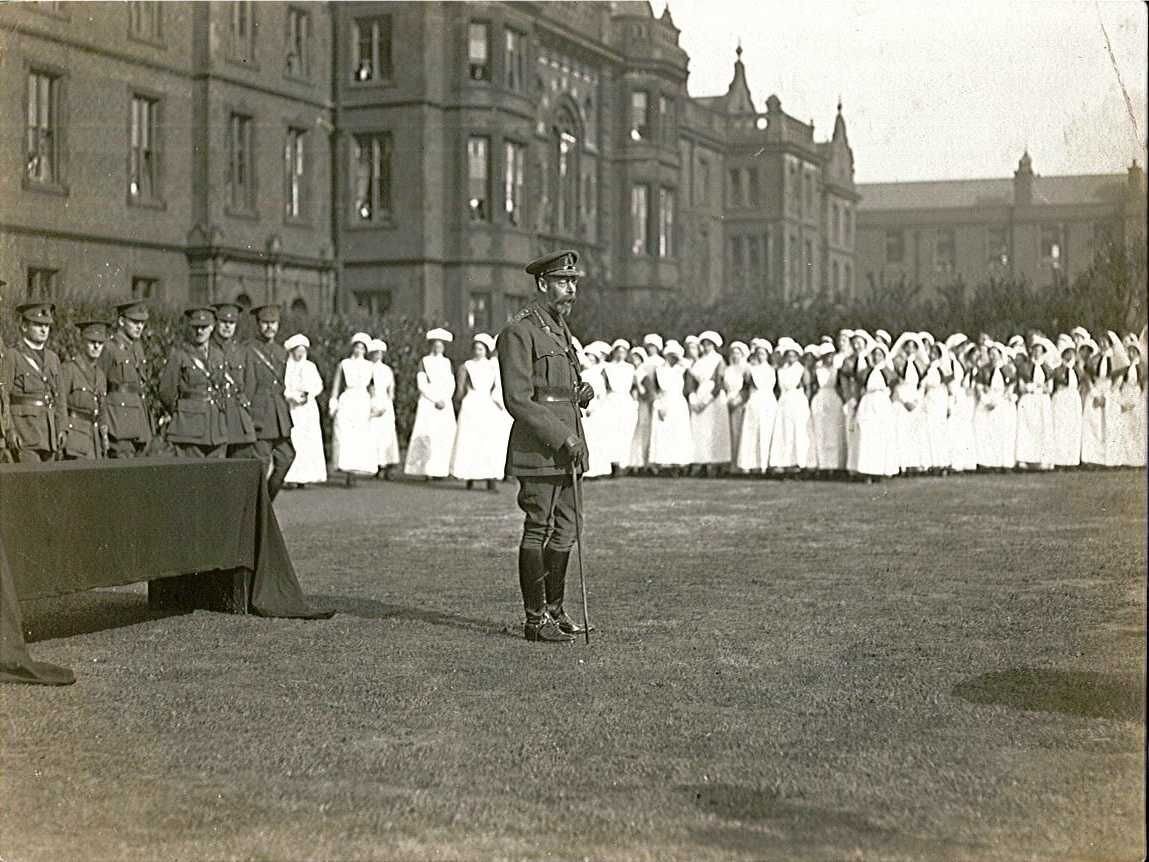
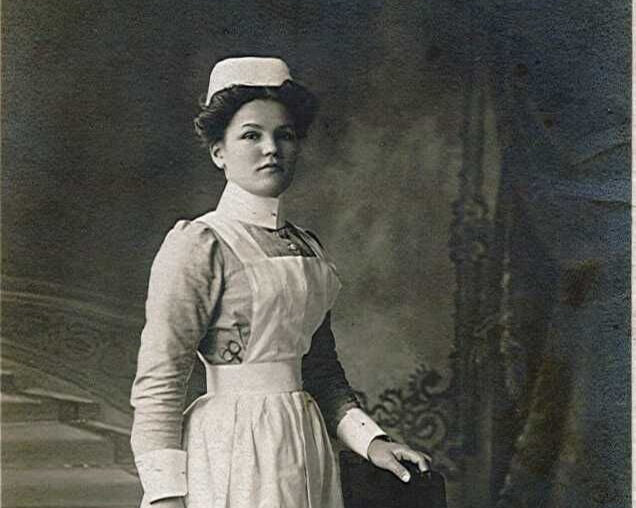
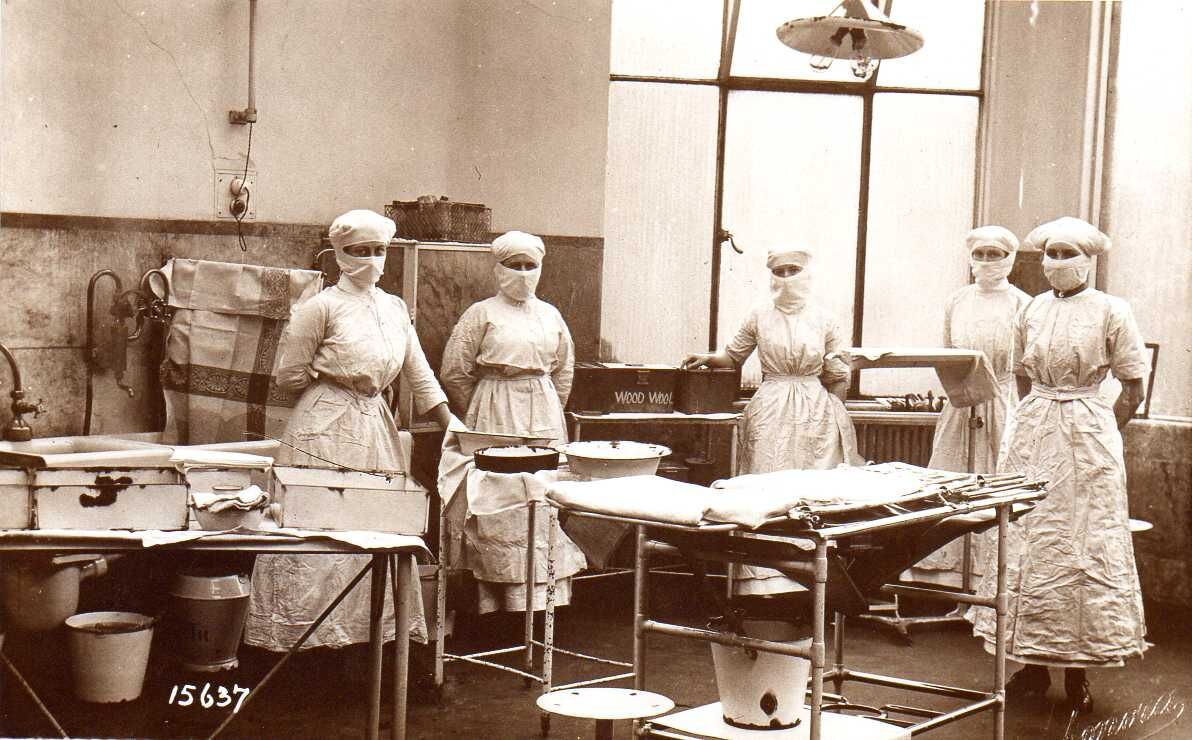
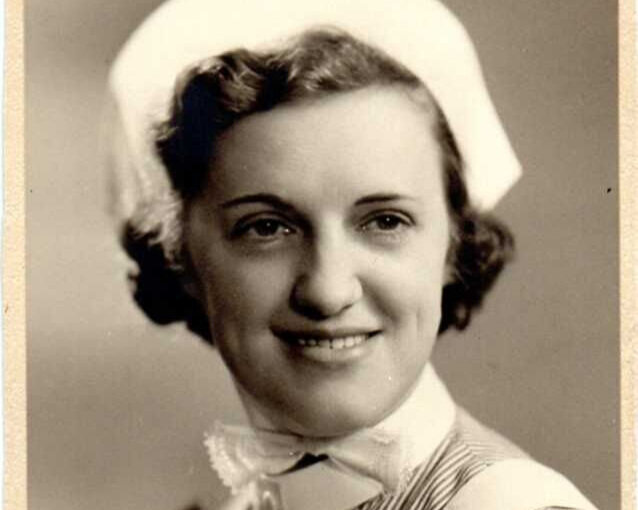
Like many professions, nursing has changed over the years. The first known records of ‘nurses’ date back to the Roman Empire, c.300AD. In the Middle Ages ‘nursing’ duties were largely the premise of family members or the Church, with nuns and monks providing medicinal and pastoral care for the sick.
It was not until the conflicts of the 1800s and 1900s that modern nursing was established and recognised as a profession in its own right.
A timeline of nursing
1853 – The Crimean War broke out. Florence Nightingale and Mary Seacole were celebrated for the standard of nursing care they provided during the conflict.
1859 – William Rathbone, merchant and philanthropist, established the first district nursing service in Liverpool. Initially staffed by one nurse, he asked Florence Nightingale for advice on how to expand the service.
1860 – Florence Nightingale opened the first nursing school in London.
1879 – A new training school for nurses opened in Leeds, offering a one-year course.
1880 – Eva Luckes was appointed Matron of the London Hospital – the only general hospital serving the east end of London. Luckes developed a new style of training that combined theoretical and practical experience.
1893 – The Royal British Nurses’ Association was established. It aimed to uphold the standards of the profession.
1905 – The course at the Leeds training school for nurses was extended to four years. Nurses in their final year were given the title of ‘Staff Nurse’
1907 – Florence Nightingale was awarded the Order of Merit for her work in nursing. She was the first woman to receive the award.
1914–18 – The First World War
1915 – Edith Cavell was arrested while working as a nurse during the First World War in Brussels. She was sentenced to death for helping allied soldiers to escape occupied territory and executed by firing squad.
1919 – The Nurses Registration Act standardised nurse training and examination. When they passed their nursing certificate, students gained the professional qualification of State Registered Nurse.
1921 – The University of Leeds became the first university in Europe to establish a Diploma in Nursing. Leeds General Infirmary later became of the first teaching hospitals in England to train State Enrolled Nurses (SEN).
1960 – Male nurses were allowed to register as members of the Royal College of Nursing for the first time.
1972 – Professor Asa Briggs published a review of nursing. He concluded that training was inadequate and proposed changes to the professional education of nurses.
1973 – Jean McFarlane became the first Professor of Nursing in England at the Faculty of Medicine at Manchester University.
1979 – Catherine Hall became the first nurse to be invited to sit on the General Medical Council, the doctors’ regulatory body.
2009 – Nursing became a degree-only profession.
2015 – 11.2% of registered nurses and health care workers employed by the NHS were men.
